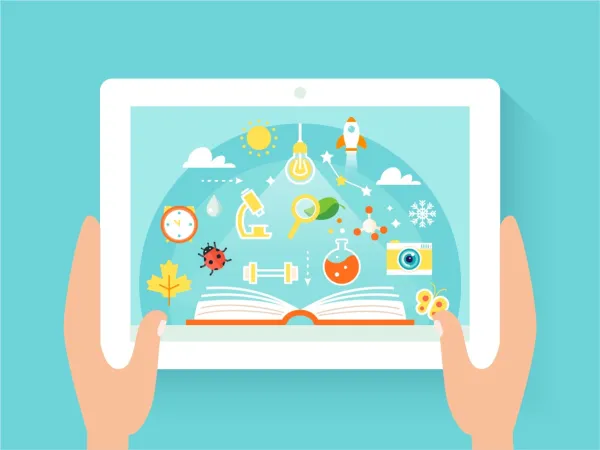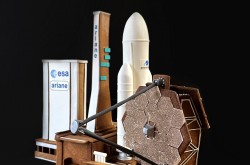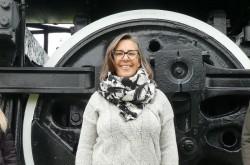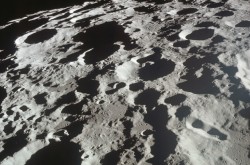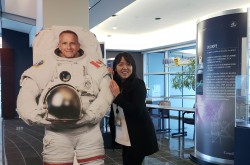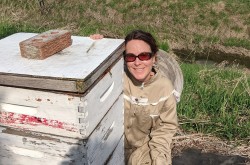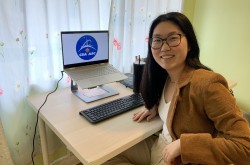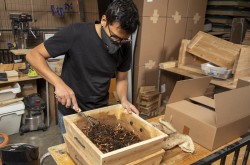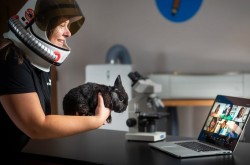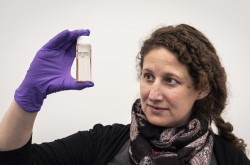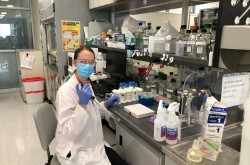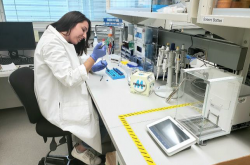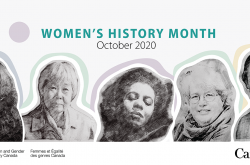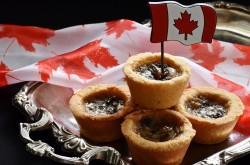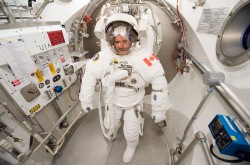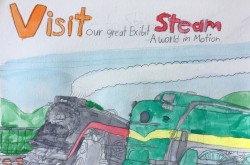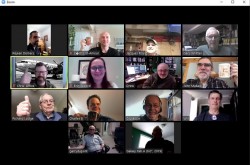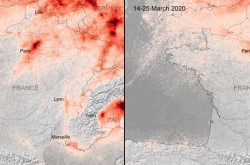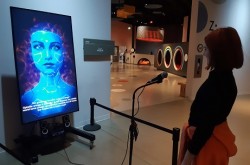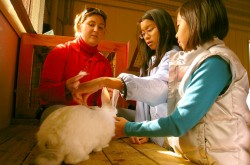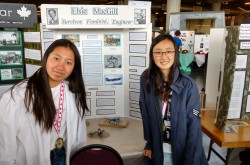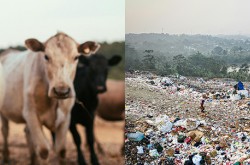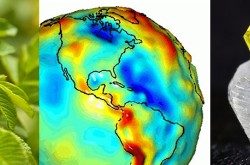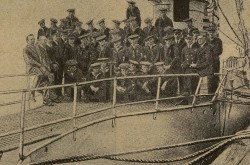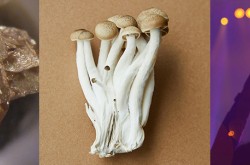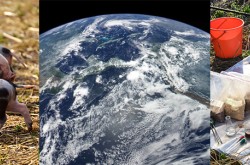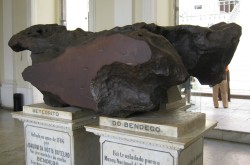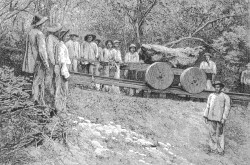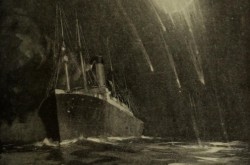Science Literacy Week explores science in our everyday lives
Get ready to embrace your inner scientist — because next week marks Science Literacy Week.
From Sept. 20 to 26, 2021, Canadian libraries, museums, science centres, schools, and not-for-profits will come together to showcase the diversity of Canadian science. But it means more than Bunsen burners and beakers — Science Literacy Week will highlight the books, movies, podcasts, and events that get people excited about science.
“Science Literacy Week invites everyone to revert back to being a curious kid again,” says Renée-Claude Goulet, Science Advisor for the Canada Agriculture and Food Museum. “It encourages people to explore new topics, to follow their questions, and to reconnect with that sense of awe of the world around us.”
As part of Science Literacy Week, teachers, students, and classrooms — in Canadian communities and around the world — are invited to participate in an array of virtual Science, Technology, Engineering, and Math (STEM) workshops. Participants can choose from a five-day calendar of events called the Week of Wonder, with options for Francophone and Anglophone audiences.
Goulet will be leading a free, virtual workshop about soil biology. During the session, participants will explore the interconnectedness of soil and climate.
“Since they are so minuscule and well-hidden, few people realize the sheer number and diversity of living things that call soil home,” says Goulet. “By revealing this hidden world, we want to help students understand that living soil is one of our biggest allies in the quest to capture and store carbon from the atmosphere.”
To learn more and register for Goulet’s soil biology workshop, visit the Canadian Science Centre’s Week of Wonder.
This year, the theme for Science Literacy Week is climate. On the heels of a summer punctuated by raging forest fires and unprecedented heat waves, climate is an issue that is increasingly demanding attention.
But how do we make sense of it all? When it comes to staying informed and navigating the constant news cycle, Goulet encourages using science literacy as a framework for understanding.
“In a world where we’re constantly bombarded by conflicting information about climate change, COVID-19, and other important issues, science literacy is so important,” says Goulet. “Science is a process that helps us make sense of uncertainty.”
Enjoying the Ingenium Channel? Help us improve your experience with a short survey!



